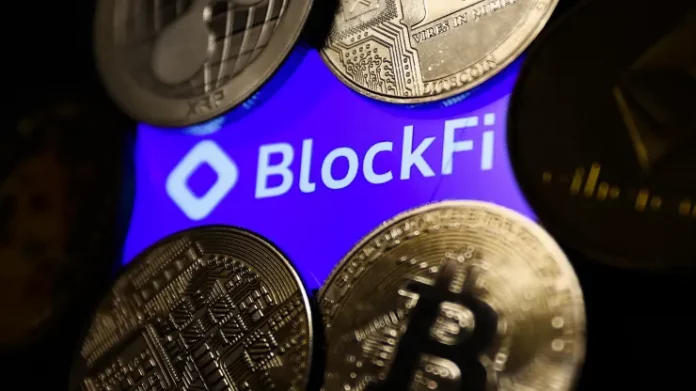
Crypto lender BlockFi filed for chapter 11 bankruptcy protection on Monday amid the FTX scandal.
The company said in its filing that it has more than $100,000 creditors.
The New Jersey-based company said it has between $1 billion to $10 billion in liabilities but only $265 million in cash assets.
BlockFi also has a $275 million loan to FTX, a crypto Ponzi scheme created by Democrat darling Sam Bankman-Fried.
TRENDING: WATCH LIVE: Maricopa County To Certify Fraudulent Election Results
“We do have significant exposure to FTX and associated corporate entities that encompasses obligations owed to us by Alameda, assets held at FTX.com, and undrawn amounts from our credit line with FTX.US,” BlockFi said a couple weeks ago.
CNBC reported:
Distressed crypto firm BlockFi has filed for Chapter 11 bankruptcy protection in the United States Bankruptcy Court for the District of New Jersey following the implosion of putative acquirer FTX.
In the filing, the company indicated that it had more than 100,000 creditors, with liabilities and assets ranging from $1 billion to $10 billion.
In the filing, the company listed an outstanding $275 million loan to FTX US, the American arm of Sam Bankman-Fried’s now-bankrupt empire.
Like FTX, BlockFi also has a Bahamian subsidiary. That subsidiary moved for bankruptcy in the Bahamas concurrently with the American filing.
BlockFi’s bankruptcy filing shows that the company’s largest disclosed client has a balance of nearly $28 million.
As TGP’s Joe Hoft reported, the FTX crypto company gave at least $40 million to Democrat candidates and causes in the midterms.
Up to $2 billion is ‘missing’ after FTX collapsed earlier this month.
Treasury Secretary Janet Yellen a couple weeks ago called for Crypto to be regulated after FTX collapsed.
“It shows the weaknesses of this entire sector,” Yellen told Bloomberg News.
“In other regulated exchanges, you would have segregation of customer assets,” she said. “The notion you could use the deposits of customers of an exchange and lend them to a separate enterprise that you control to do leveraged, risky investments — that wouldn’t be something that’s allowed.”



